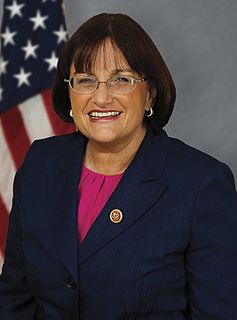A Quote by Michael Ignatieff
We can't afford to waste people. We can't afford to have people think the game is over before it's begun. We've got to be saying to the Canadian people: you can't tax cut your way to a productive 21st-century economy. You can talk that talk, but it's not going to give you a productive 21st-century economy, because it will scythe apart the public goods that make prosperity possible. That's what we've got to say, and so we shall.
Related Quotes
Thanks to the leadership of Vice President Gore, we have a government for the Information Age, once again a government that is a progressive instrument of the common good, rooted in our oldest values of opportunity, responsibility and community, devoted to fiscal responsibility, determined to give our people the tools they need to make the most of their own lives in the 21st century, a 21st century government for 21st century America.
The chief moral obligation of the 21st Century is to build a green economy that is strong enough to lift people out of poverty. Those communities that were locked out of the last century's pollution-based economy must be locked into the new, clean and renewable economy. Our youth need green-collar jobs, not jails.
[In] the 21st century, the mainstream can satisfy your every whim. I guess the idea of walking around with groups of people dressed the same and saying, "I'm only into ska" or "I'm only into whatever" - is kind of restrictive in the 21st century. I don't know if it's a bad thing that these movements have run their course. I think what I miss about it is the collective experience.
I think Britain can be one of the great success stories of the 21st century - we've got the talent, the drive, the connections around the world. But if we vote to Leave, then we lose control. We lose control of our economy, and if you lose control of your economy you lose control of everything. That's not a price worth paying.
When we look at cutting people's commute - like that word infrastructure is boring. Who knows what that means? But what it really means is we got to cut people's commutes, we got to reduce congestion. Congestion costs the economy tens of billions of dollars a year to have people just stuck in traffic and non-productive time. So we got to fix that. And the best way to do that is invest in transit. And - so I'm happy that all three of the main parties seem to agree that investing in transit is important.
You know, the elites always want to shame the poor - right? - and everyone else. I mean, the fact is, this economy is based on 70 percent of the people driving consumer demand. If people do not purchase goods and services, this economy will grind to recession. And that is why, if you are going to do a tax cut, it ought to really be aimed at low-income and middle-income people.


































